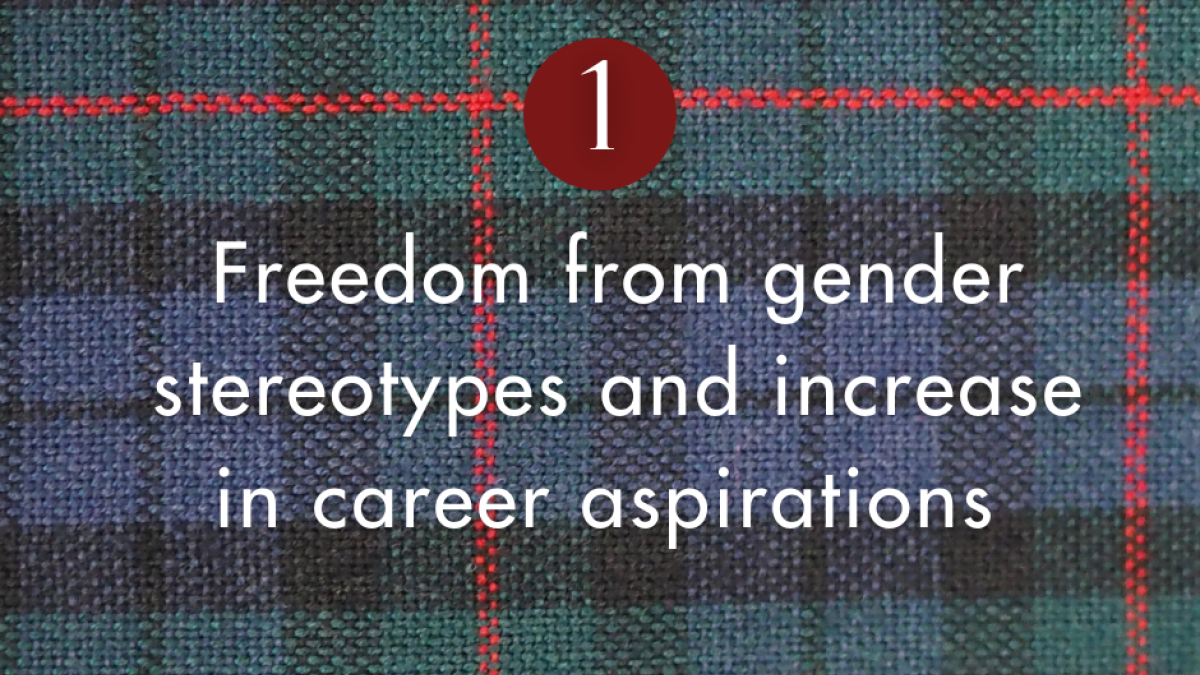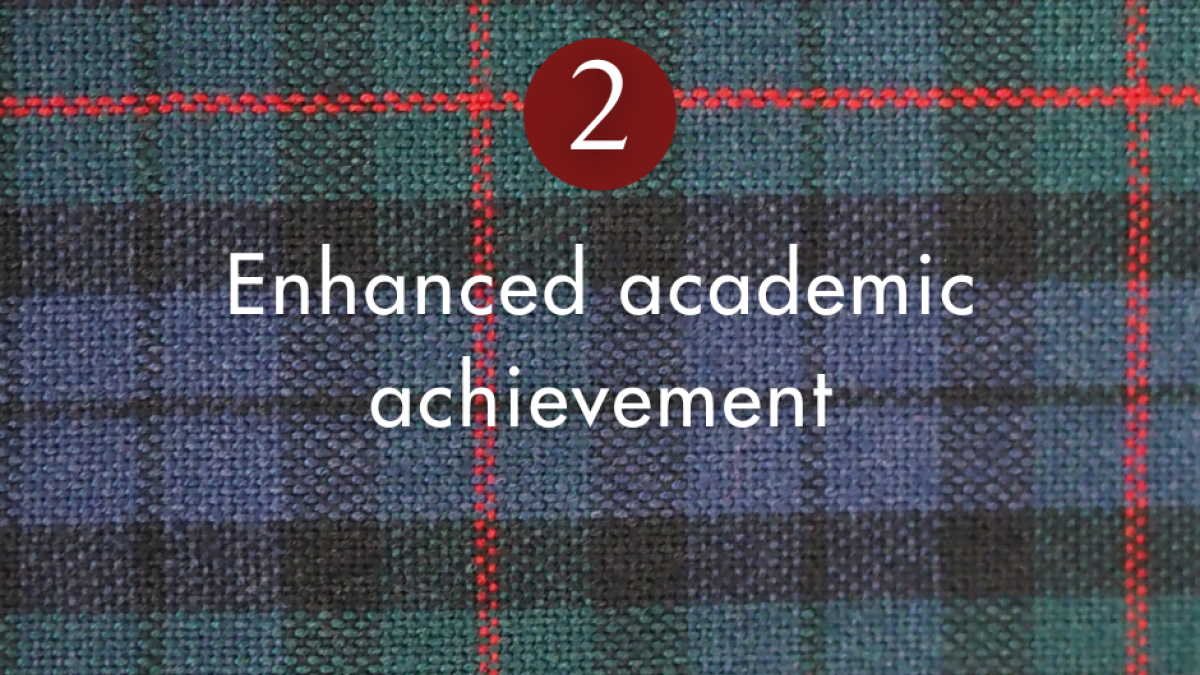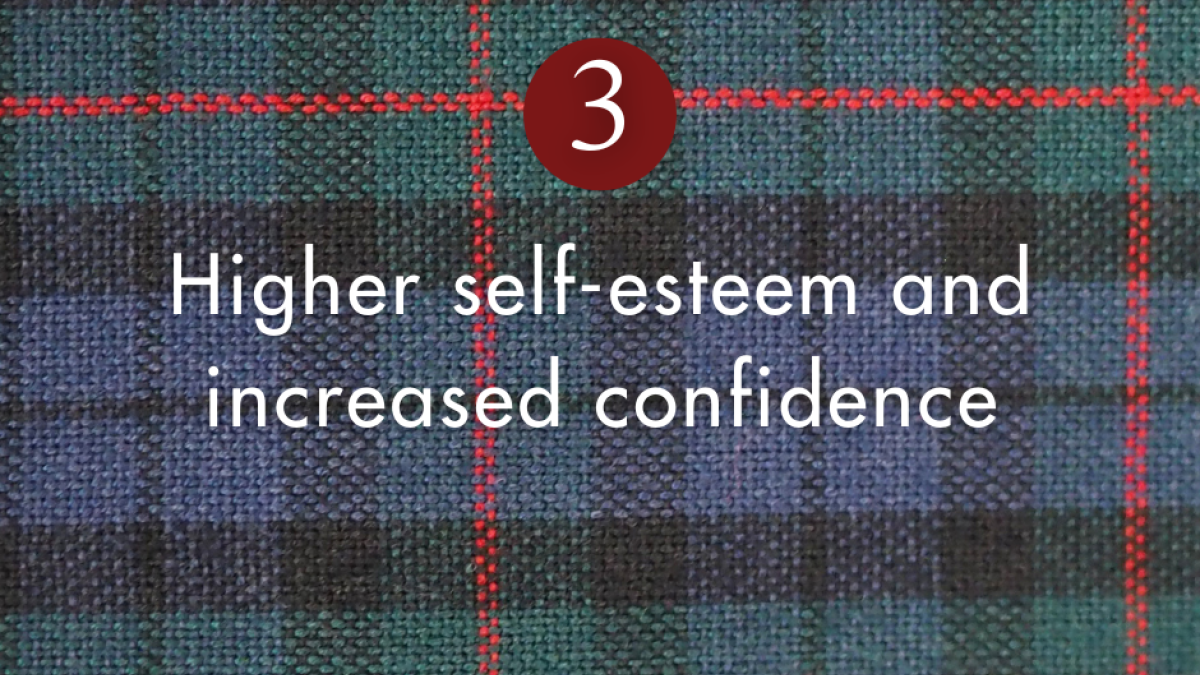4 Reasons why Single-Sex Education Matters for Girls
The number of choices we can be faced with when it comes to considering the best approach for our children’s education can sometimes feel at best, bewildering and at worst, overwhelming. State, independent or home school? Religious or secular? Specialist or general? Single sex or co-ed? Perhaps you find yourself in a position where the viable options are limited and the decision is simple or maybe you’re currently grappling with some of these questions. Whilst we cannot tell you what is best for your child, we can share with you the reasons why we support single sex-education and why for Rydes Hill, prep-aged, girls-only schooling is here to stay.
The history of single-sex schooling dates back over several centuries and has been driven by various and differing trends and attitudes over time. From ancient times to the 19th century, segregated teaching was propelled by the notion that boys should receive formal instruction in subjects like rhetoric and mathematics whilst girls should be taught domestic skills and social graces informally at home. The 19th century saw the Industrial Revolution and women’s rights movements drastically improve girls access to formal education. On the whole, this remained in a single-sex setting as a method of improving girls educational opportunities. Towards the end of the 19th century and the start of the 20th century the coeducation movement gained momentum, fuelled by the idea that coeducation promoted gender equality and prepared children for the realities of a mixed gender world. Towards the end of the 20th century there was a resurgence of interest in single-sex education, based on the concept of reducing gender stereotypes and providing a more tailored learning environment.
Today, the availability and popularity of single-sex education varies across the country in both the state and independent sectors. Rydes Hill has always provided girls-only preparatory education and our commitment to continue has little to do with maintaining tradition. There is a plethora of research and data that supports single-sex schooling, especially for girls which is underlined by our everyday experience in education. Our Headmistress, Mrs Norville strongly advocates for single-sex schooling for girls;
“A girls only education ensures that there are no ceilings placed on learning, and no subjects are off limits. Girls have the freedom and confidence to learn in an environment with their peers where they are empowered to do anything and be anything. By becoming proficient experts in subjects that are traditionally thought of as ‘boys’ subjects, they are breaking down barriers rather than creating them, and moving on to their next step schools (whether they be co-ed or single-sex) as confident high achievers. The argument commonly thrown at single-sex education is that the world is not single-sex, so education shouldn’t be. Until there is real equality in the world, we need to empower our women and girls so they can go out into the world and make that difference.”
4 Advantages of Girls-Only Education
There are so many reasons why we believe that educating girls in a single-sex environment offers tremendous benefits, the most compelling advantages are outlined below;
1) Freedom from gender stereotypes and increase in career aspirations
Single-sex schooling can help to transcend gender stereotyping and biases by creating opportunities for pupils to peruse and excel in a broader range of subjects and extra-curricular activities. A study published in the Journal of Experimental Child Psychology in 2017 found that girls in single-sex schools expressed a greater interest in STEM subjects than those in a coeducational setting. In 2012, the Institute of Physics found that girls in single-sex schools were more likely to take A-Level physics and continue studying physics at higher education compared to girls in coeducational schools. A report from Ofsted found that girls in single-sex schools held greater optimism about “non-stereotypical careers”.
Source: Master et al (2017)
Source: Institute of Physics (2012)
Source: UK Boarding Schools (2011)
2) Enhanced academic achievement
Studies have shown that girls in single-sex schools tend to perform better academically than those in a coeducational setting. Without gender-based distractions, stereotypes and biases, it is thought that girls may feel more encouraged to excel and compete with one another, challenging and propelling themselves further than they may have in a mixed-sex school. A study by the National Foundation for Educational Research concluded that girls in single-sex schools performed better than girls in mixed schools. This is underlined by Dr Alice Sullivan from the Institute of Education at the University of London who states that “girls do better in terms of educational attainment, at single sex schools”.
Source: National Foundation for Educational Research (2002)
Source: Girls Schools Association
3) Higher self-esteem and increased confidence
Girls in single-sex schools report to experience increased self-confidence which inspires greater participation in class, willingness to take academic risks and peruse a wider range of subjects and activities. Research prepared for the National Coalition of Girls Schools described how girls educated in a single-sex school more frequently encountered a learning environment that was safe for the exchange of ideas than girls at coeducational schools. Research conducted in 2011 by the Institute of Education concluded that single-sex schools create an environment where children can learn to feel comfortable with themselves, be free of the pressure to conform from gender stereotypical notions of how a girl should be, look or act. The pressures, fears and anxieties about how to appear in front of members of the opposite sex simply do not exist in a single-sex setting.
Source: National Coalition of Girls’ Schools (2014)
Source: The British Psychological Society (2011)
4) Greater leadership opportunities
A single-sex education not only provides girls with more opportunities to take on leadership roles within the school community but also role models females holding leadership roles as a norm. This enables the developments of valuable skills such as public speaking, teamwork and decision making. Moreover, quite often all-girls schools have predominantly female leadership teams which continues to reinforce the representation of women in senior positions and the notion of women supporting women.
Over the years, we have seen how these advantages have consistently benefited our pupils and have allowed us to create a safe, secure and happy learning environment. We believe that offering a girls-only prep education is a huge contributor to our School’s success and we remain committed to preserving our girls-only setting.




